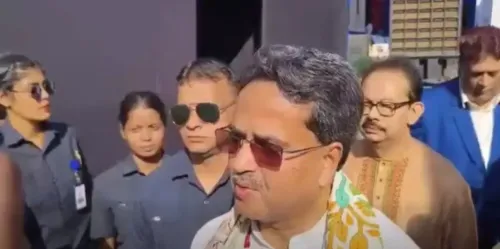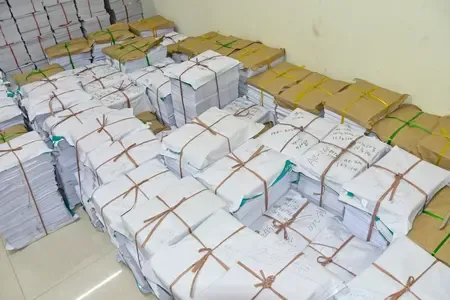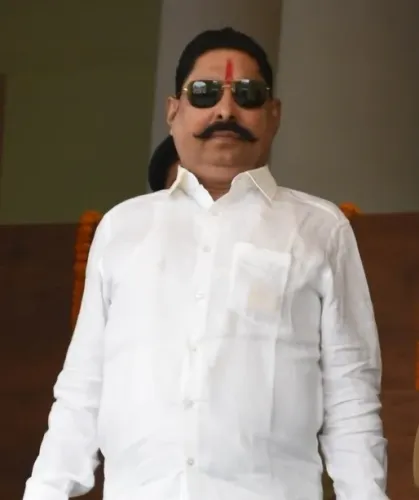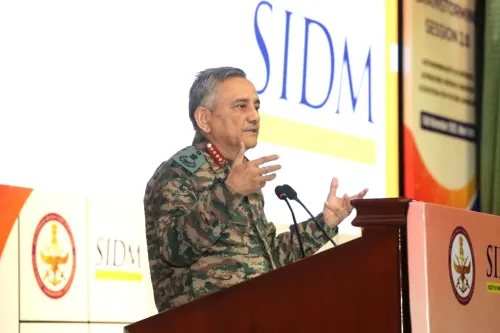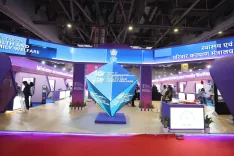Why Did Kerala HC Refuse to Stay SIR and Ask the State to Approach SC?
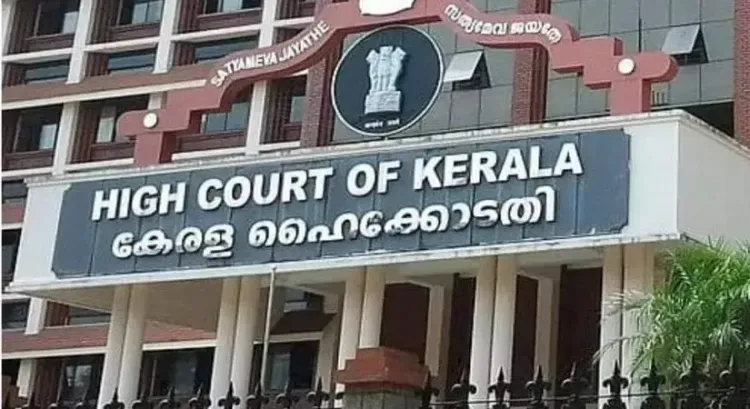
Synopsis
Key Takeaways
- Kerala High Court declines the State's request to delay SIR.
- Judicial discipline emphasized amid ongoing Supreme Court petitions.
- State argues burden on resources due to overlapping elections.
- ECI asserts that halting SIR would disrupt national processes.
- Implications for local elections and administrative planning are significant.
Kochi, Nov 14 (NationPress) The Kerala High Court on Friday dismissed the State government's request to postpone the Special Intensive Revision (SIR) of electoral rolls being conducted by the Election Commission of India (ECI) in preparation for the upcoming December elections for Local Self-Government Institutions (LSGIs).
Justice V.G. Arun stated that similar cases challenging the SIR in other States are already under consideration by the Supreme Court, necessitating judicial discipline and comity, which compelled the High Court to abstain from ruling on this issue.
“Judicial discipline and comity require this Court not to entertain this writ petition. The writ petition is closed, leaving it open for the petitioner to approach the Supreme Court or return to this Court, depending on the outcomes of the petitions pending before the Supreme Court,” the Court noted.
The State contended that the SIR should be postponed until after December 21, the deadline for concluding the LSGI election process, arguing that conducting the SIR concurrently with local body elections would overly burden administrative resources.
The government indicated that the LSGI elections necessitate nearly 1.76 lakh government personnel and 68,000 security staff, while the SIR would require an additional 25,668 officials.
It emphasized that many of these officials fall into both categories.
Referring to the pool of trained election personnel as “finite,” the State cautioned that assigning the same officials to overlapping duties could lead to an administrative deadlock.
It also argued that, although there is a mandatory deadline for local body elections in December, there is no pressing need to finalize the SIR, given that Assembly elections in Kerala are not anticipated until May 2026.
The ECI opposed any delay, asserting that more than half of the SIR process is already complete, and putting it on hold would disrupt a larger national initiative.
Senior Advocate Rakesh Dwivedi, representing the ECI, highlighted that the SIR was planned in Kerala in light of next year’s Assembly elections and that the State Election Commission had not raised any concerns regarding staff shortages.
The Court acknowledged that the Supreme Court is already addressing petitions contesting SIR in Bihar, Tamil Nadu, and West Bengal.
The ECI's June directive to initiate SIR in Bihar had prompted multiple challenges before the Apex Court, leading to the Commission extending SIR to various other States and Union Territories on October 27.

